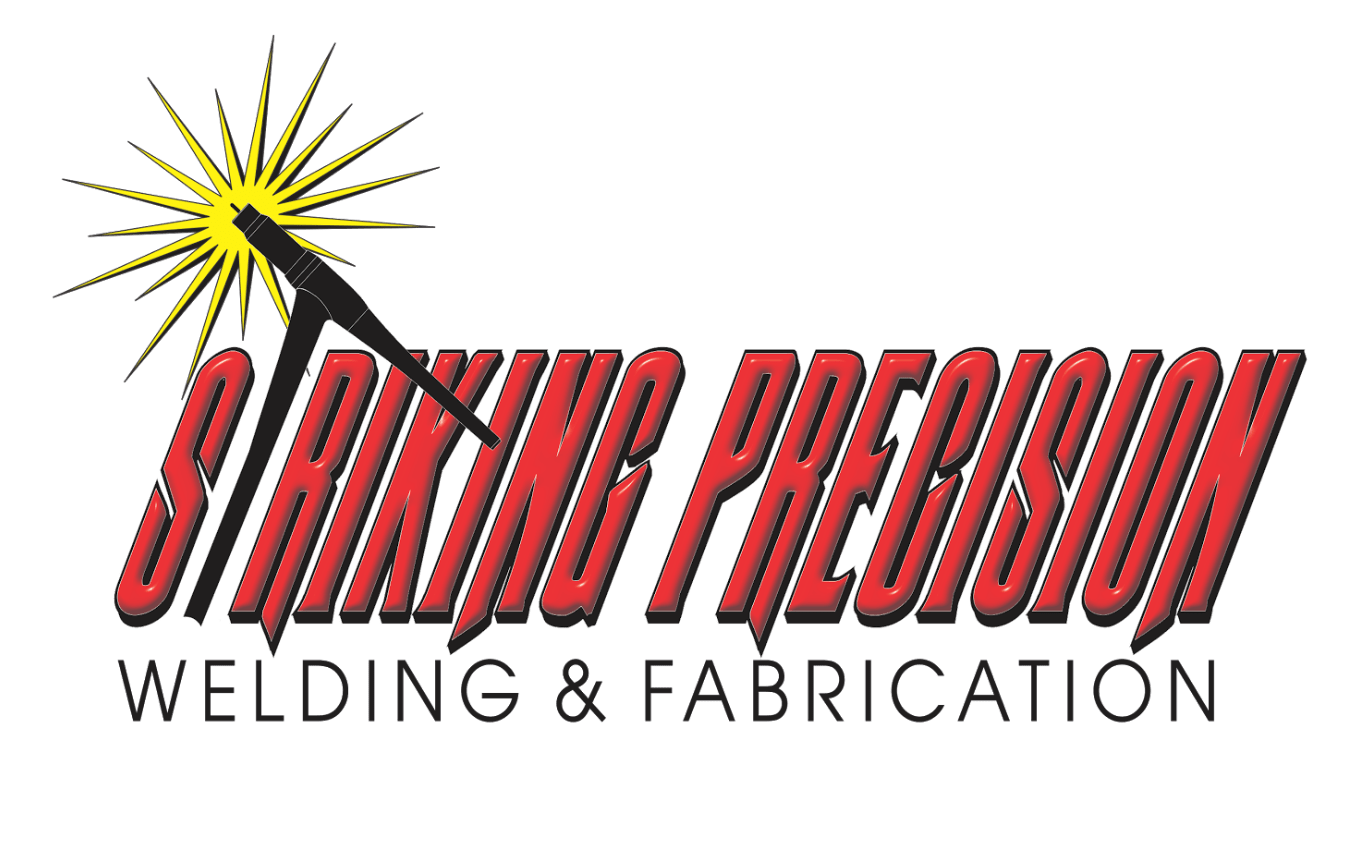The Certified Welding Inspector (CWI) program is a prestigious credential offered by the American Welding Society (AWS), designed to validate the skills and knowledge of professionals involved in the welding industry. CWIs play a crucial role in ensuring the quality and integrity of welded structures and components, making their certification essential in various industries, including construction, manufacturing, and aerospace. This article explores what a CWI is, the certification process, and why CWIs are vital to the welding industry.
What is a Certified Welding Inspector (CWI)?
A Certified Welding Inspector is a professional who has been formally trained and certified to inspect welded joints and ensure that they meet specified standards and codes. CWIs possess a comprehensive understanding of welding processes, materials, inspection techniques, and industry regulations. Their responsibilities can range from conducting visual inspections to more complex nondestructive testing (NDT) methods, ensuring that welds are performed to the highest standards of quality.
The CWI Certification Process
- Eligibility Requirements: To qualify for the CWI exam, candidates typically need a combination of education and practical experience in welding or related fields. This may include having formal education in welding technology, engineering, or a related discipline, along with hands-on experience in welding inspection.
- Training: Although formal training is not mandatory, many candidates choose to undergo training programs offered by AWS or other organizations. These programs cover essential topics such as welding codes, inspection techniques, and the principles of welding metallurgy.
- Examination: The CWI certification exam consists of three parts: a closed-book part covering welding fundamentals, a code book open-book part where candidates reference specific welding codes (such as AWS D1.1 for structural steel), and a practical examination that tests hands-on inspection skills. Candidates must pass all three sections to obtain their certification.
- Certification Maintenance: Once certified, CWIs are required to renew their certification every three years. This renewal process often includes continuing education and professional development to stay current with industry standards and advancements.
Why Are CWIs Important?
- Quality Assurance: CWIs are essential for ensuring that welding work meets industry standards and specifications. They are responsible for verifying that welds are free from defects, ensuring the structural integrity of welded components. This quality assurance is critical in preventing failures that could result in accidents, costly repairs, or loss of life.
- Compliance with Regulations: Many industries are subject to stringent regulatory standards regarding welding and fabrication. CWIs help organizations comply with these standards by conducting inspections and verifying that all welds are performed according to established codes. Their expertise is crucial in industries such as aerospace, oil and gas, and construction, where compliance is not just a matter of quality but also safety.
- Risk Mitigation: By identifying potential issues during the welding process, CWIs play a vital role in mitigating risks associated with structural failures. Their inspections can catch problems early, preventing costly rework and ensuring that projects remain on schedule.
- Professional Recognition: The CWI certification is widely recognized within the industry, establishing the holder as a qualified professional. This recognition can enhance career prospects and open up opportunities for advancement in roles such as quality control manager, welding supervisor, or consultant.
- Educational Resource: CWIs often serve as educational resources within their organizations, providing training and guidance to welders and other personnel. Their expertise can improve overall welding practices and help foster a culture of quality and safety.
Conclusion
In conclusion, the Certified Welding Inspector (CWI) certification represents a significant achievement for professionals in the welding industry. It not only signifies a high level of expertise and commitment to quality but also plays a critical role in ensuring the safety and integrity of welded structures. As industries continue to evolve and face new challenges, the demand for qualified CWIs will only increase, making this certification an essential asset for those pursuing a career in welding inspection. Whether in construction, manufacturing, or specialized fields like aerospace, CWIs are vital to upholding standards and advancing the welding profession.
